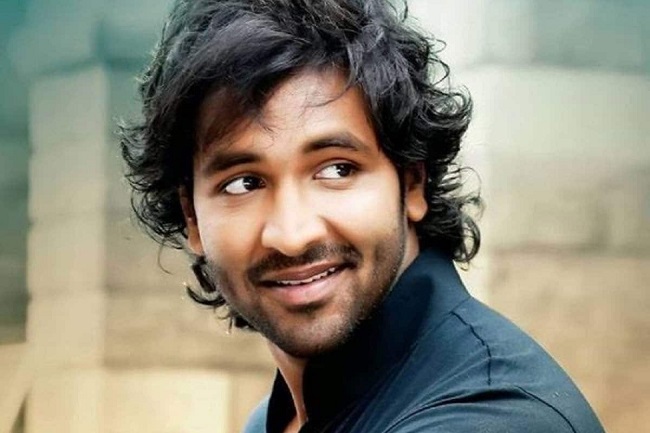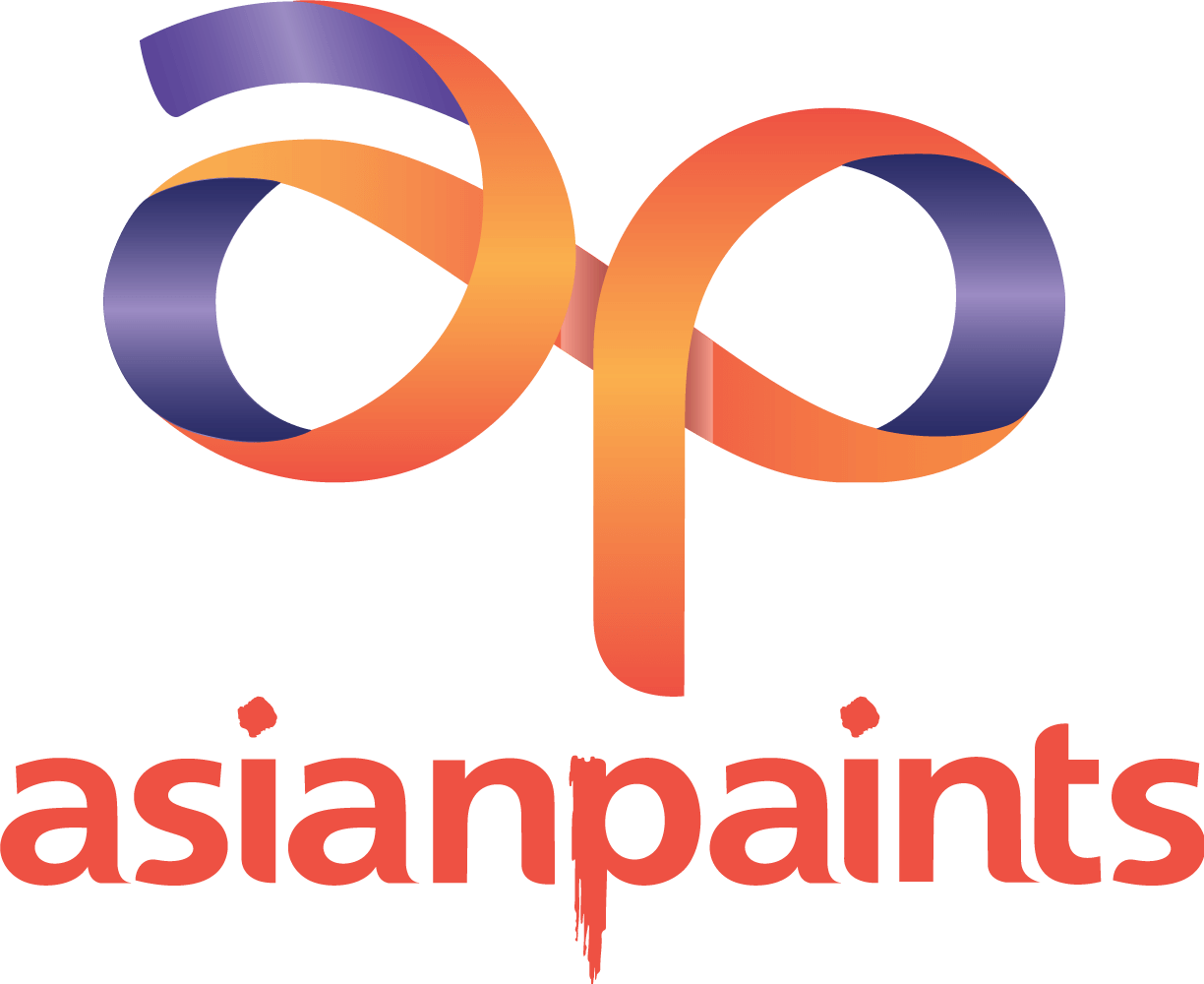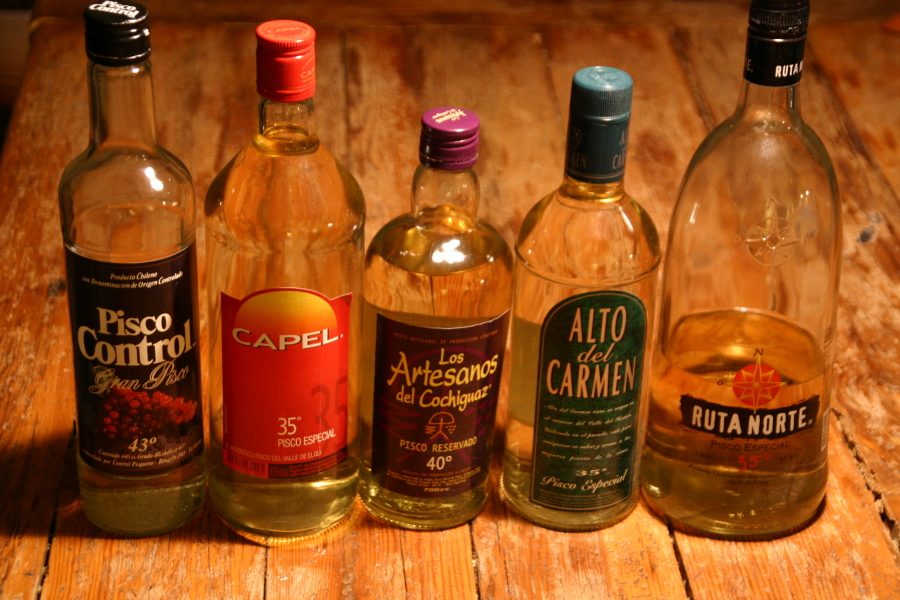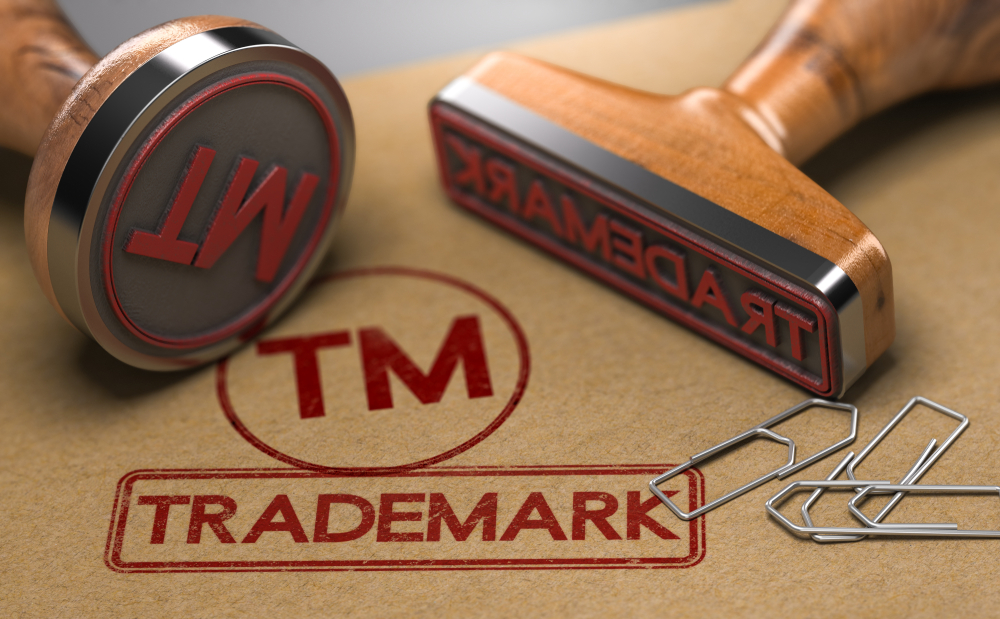For more intellectual property updates follow our WHATSAPP CHANNEL and SUNS LEGAL | LinkedIn
Written by Keerthana M, Lawyer, and Verified by Sunil Jose, Managing Attorney, Suns Legal.
Manchu Vishnu Vardhan Babu Alias Vishnu Manchu v. Arebumdum and Others, CS(COMM) 828/2024
Trolls have become popular with the advent of the internet and social media. ‘Trolling’ is a slang term that refers to the act of posting offensive or inflammatory comments, pictures, or videos online, with the intention of provoking a reaction. Celebrities are often the soft targets of trolls. In this case, the Delhi High Court has restrained YouTube channels from broadcasting troll videos that violate the personality and performer’s rights of the Telugu actor.
Manchu Vishnu Vardhan Babu, also known as Vishnu Manchu (“Plaintiff”), is a renowned actor, producer, and filmmaker who works predominantly in Telugu cinema. The plaintiff filed this suit seeking protection against ‘Arebumdum’ and nine other YouTube channels (“Defendants”) who were streaming defamatory videos created using clips from the plaintiff’s movies and interviews without obtaining prior permission, thereby violating his personality rights as well as performer’s rights. The suit also aimed to restrain defamation, infringement of copyright, passing off, violation of moral rights in performance, and other related issues.
The plaintiff claimed that the defendants had taken short clips from his movies and interviews without his prior consent to create ridiculing content, which violates his moral rights in performances under Section 38B of the Copyright Act. The defendants did this without clearly disclosing their names, addresses, and other details. It was submitted that the plaintiff’s name, voice, image, likeness, signature, mannerisms, gestures, etc., have acquired a unique distinctiveness and significant commercial value, and that no one is permitted to misappropriate or commercially exploit the same.
Apart from being a celebrated name in the entertainment industry, the plaintiff is also a philanthropist and entrepreneur. The defendants, in their videos, tried to tarnish the plaintiff’s reputation by comparing his face to that of an animal, superimposing his face on the bodies of other people, using clips from his interviews out of context, and making baseless allegations against him. It was also submitted that his name, voice, image, etc., were used to gain traction for their videos. Additionally, the plaintiff’s name was used to host pornographic videos, portraying him in an obscene setting, thereby causing harm to his dignity and integrity. The plaintiff claimed all of the above acts have the potential to create a negative image for him. As a member of the leadership team of various educational institutions, these videos will bring ill repute to him and the institutions and may also cause monetary loss.
The court was satisfied with the submissions made by the plaintiff and held that there is a prima facie case for the grant of a permanent injunction. It was stated that if an ex parte ad interim injunction is not granted, it shall cause irreparable loss to the plaintiff. The balance of convenience was also in favour of the plaintiff.
The court also issued certain directions to be followed by the defendants until the next hearing date. They were restrained from: (i) creating and disseminating humiliating content; (ii) infringing the personality rights of the plaintiff by using his name, voice, likeness, etc., for commercial gain without prior consent on all mediums, including Metaverse/Artificial Intelligence and any such future mediums; (iii) passing off goods as being endorsed by the plaintiff without his permission. They were also instructed to take down infringing content from YouTube. The Department of Telecommunications (DoT) and the Ministry of Electronics and Information Technology (MeitY) were directed to suspend URLs showing pornographic content in the plaintiff’s name from websites. The plaintiff can notify YouTube to block all the infringing URLs that are uploaded by the defendants. If YouTube finds that any content is not infringing, it can write to the plaintiff. The case is pending before the Honourable Court and is to be renotified on 22nd January 2025.
COMMENTS
Personality rights, which refer to the rights of individuals to control the commercial use of their identity, must receive protection, especially in the lives of celebrities where their appearance, speech, and mannerisms are closely observed and imitated. The decisions rendered in the cases of Amitabh Bachchan and Anil Kapoor serve as precedents. The current judgment has once again highlighted the importance of these rights.
Performers’ rights were not recognized in India until 1994, when the Copyright Act of 1957 was amended and Sections 38, 38A, and 38B were added following the decision in Fortune Films v. Dev Anand, AIR 1979 Bom 17. The present case has reaffirmed that performers have rights over their work, i.e., their performances. This judgment also serves as a warning to trolls who misuse performers’ work to create and disseminate content.





